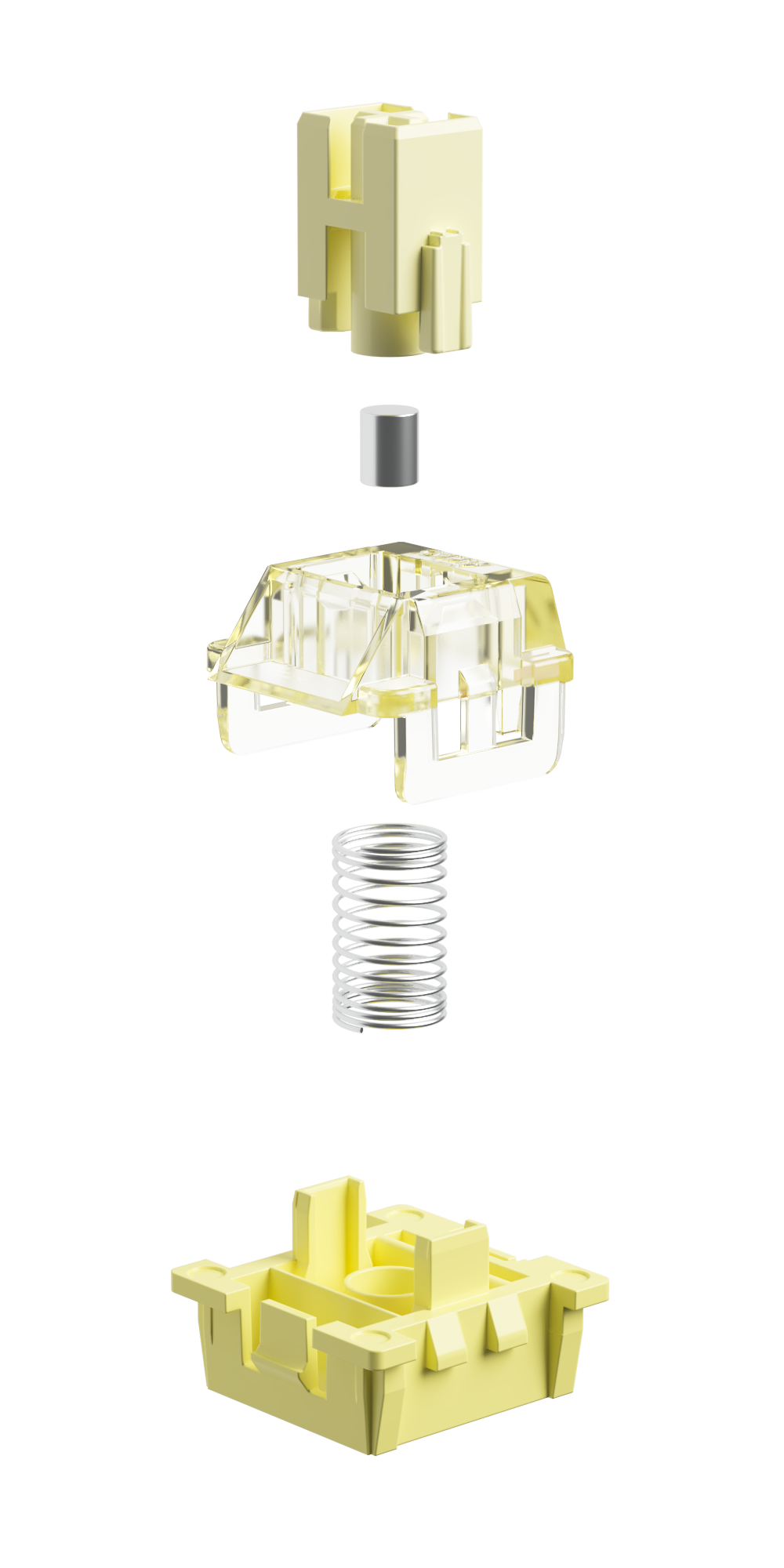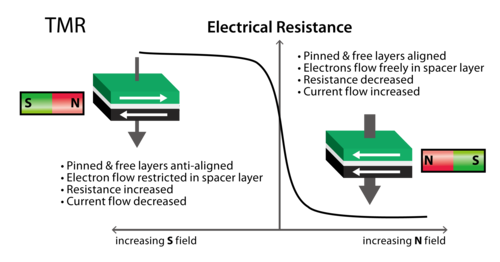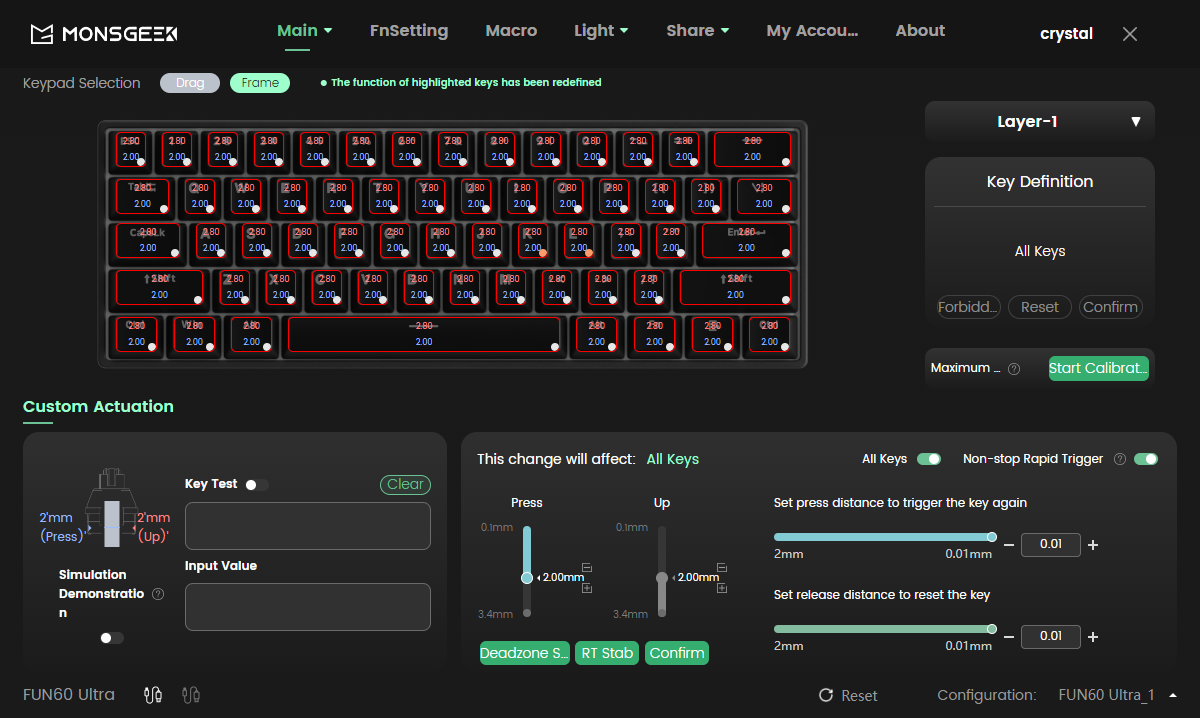Exploring the Benefits of Magnetic Switches in Keyboards: Applications in MonsGeek Keyboards & New Astrolink Retail Switches
?Apr. 2 2025
Magnetic switch technology has made significant strides in the mechanical keyboard industry, offering notable advantages over traditional mechanical switches. Known for their precision, durability, and customizability, magnetic switches are becoming an increasingly popular choice among professionals, gamers, and keyboard enthusiasts. This article delves into the advantages of magnetic switches and their applications in MonsGeek keyboards, alongside the introduction of Astrolink’s latest retail switches.
What Are Magnetic Switches?
Unlike traditional mechanical switches that rely on physical metal contacts (like MonsGeek Green Fog or Akko Rosewood switches), magnetic switches use Hall Effect sensors or TMR Sensor to detect key presses. Instead of a metal leaf or spring mechanism, these switches rely on magnets and electromagnetic fields to register actuation.
How Do They Work?
- Hall Effect Sensor or TMR Sensors – A small sensor detects changes in the magnetic field when a key is pressed.
- Magnet Movement – As the key stem moves downward, it brings a magnet closer to the sensor, altering the magnetic field.
- Signal Transmission – The sensor sends an electrical signal to the keyboard’s PCB, registering the keypress without physical contact.
This contactless design eliminates wear and tear from metal-on-metal friction, making magnetic switches incredibly durable.
Key Benefits of Magnetic Switches
- Precision and Customization
Magnetic switches offer adjustable actuation points, which allow users to customize the sensitivity of their key presses. This flexibility ensures a tailored experience, whether it’s for typing accuracy or gaming responsiveness. The ability to fine-tune actuation points provides greater precision for various applications.
- Rapid Trigger and Enhanced Performance
With Rapid Trigger (RT) technology, magnetic switches enable faster actuation and instant reset after key release. This feature is particularly beneficial for gamers who need quick and repeated inputs without the delay caused by mechanical switch reset times.
Magnetic switches also offer advanced functionality such as SOCD (Simultaneous Opposing Cardinal Directions) for precise input control, Mod-Tap for dual-function key versatility, and DKS (Dynamic Keystroke Sensitivity) for customizable actuation, along with other features that enhance both gaming and productivity experiences.
- Increased Durability
With no physical contacts to degrade, magnetic switches can last over 100 million keystrokes—far exceeding the 50–80 million lifespan of traditional mechanical switches. Their longevity is primarily determined by the durability of the spring, while other components remain virtually unaffected.
- Smooth and Consistent Keypresses
The absence of friction from physical contact points results in smoother keypresses. Magnetic switches provide a consistent typing feel, reducing the chances of keypress inconsistency and enhancing the overall user experience, especially during long typing sessions.
- Dust & Water Resistance
Since there are no exposed metal contacts, magnetic switches are less susceptible to dust and liquid damage compared to traditional mechanical switches.
Potential Drawbacks
- Higher Cost – Keyboards with magnetic switches tend to be more expensive due to the advanced technology.
- Limited Availability – Few manufacturers currently offer magnetic switches.
- Different Typing Feel – Some users may prefer the tactile bump or click of traditional mechanical switches.
Magnetic Switches in MonsGeek Keyboards
- Creamy Yellow V1 Magnetic Switch from M1 HE (2023.9)
- Creamy Yellow V1 Magnetic Switch from M1W HE (2024.1)
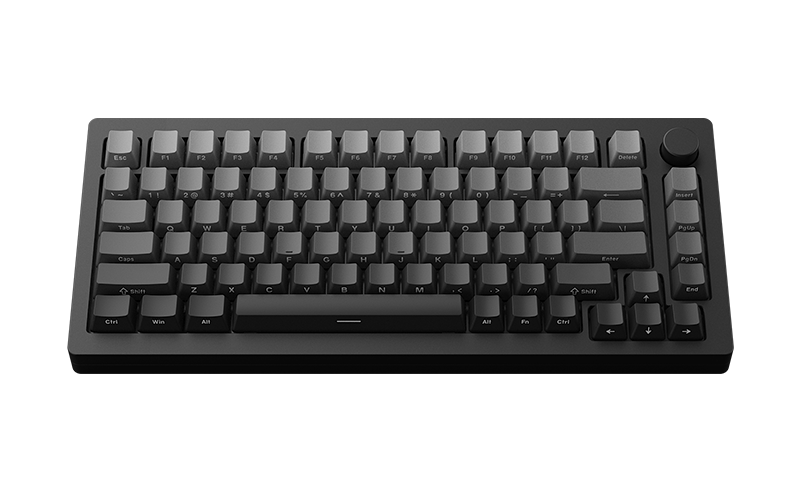
- Sakura Pink Magnetic Switch from MG75S HE (2024.1)
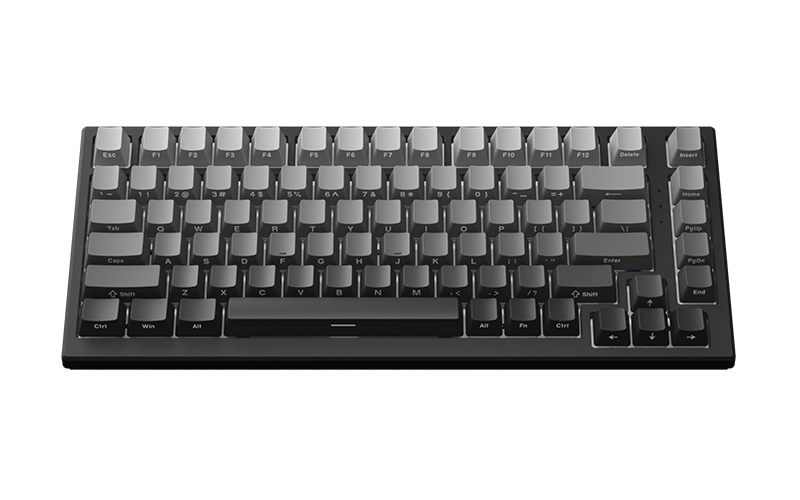
- Creamy Yellow V2 Magnetic Switch from M1W V3 HE (2024.5)
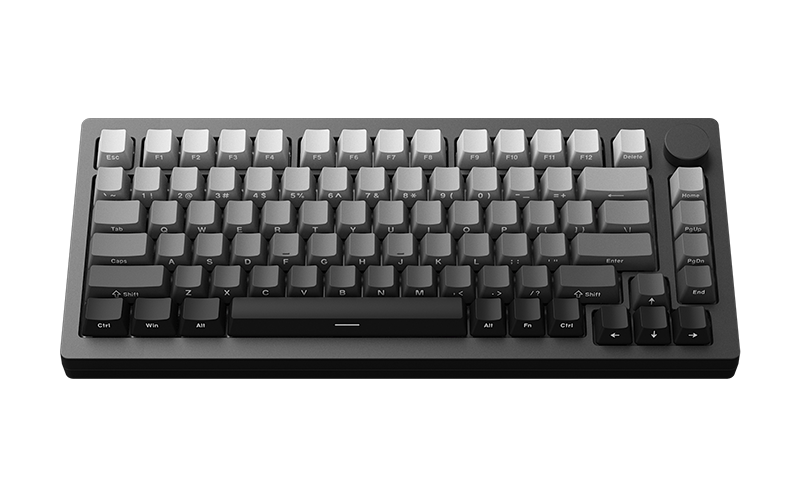
- Windy and Glare Magnetic Switch from FUN60 Series HE and TMR (2024.11)
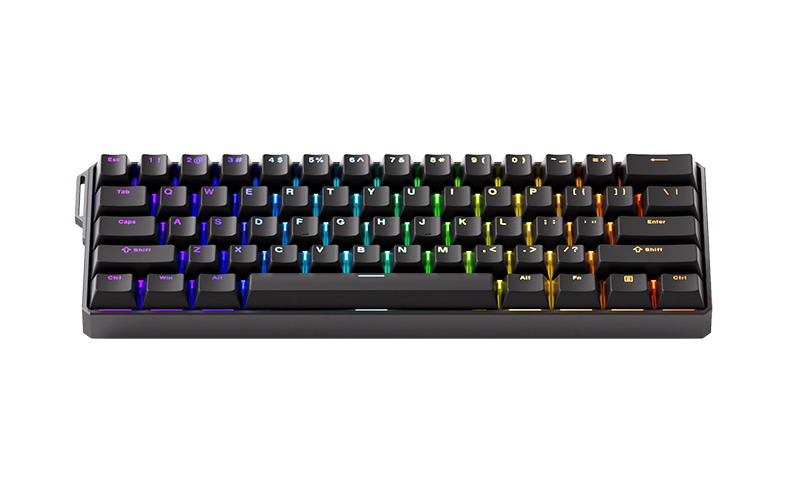

Are Magnetic Switches Worth It?
If you’re a competitive gamer or someone who values precision, durability, and customization, magnetic switches are an excellent choice. However, if you prefer the classic tactile feedback of traditional mechanical switches, you might want to stick with Cherry MX or similar options.
As the technology matures, we can expect more brands to adopt magnetic switches, potentially making them the new standard for high-performance keyboards.

